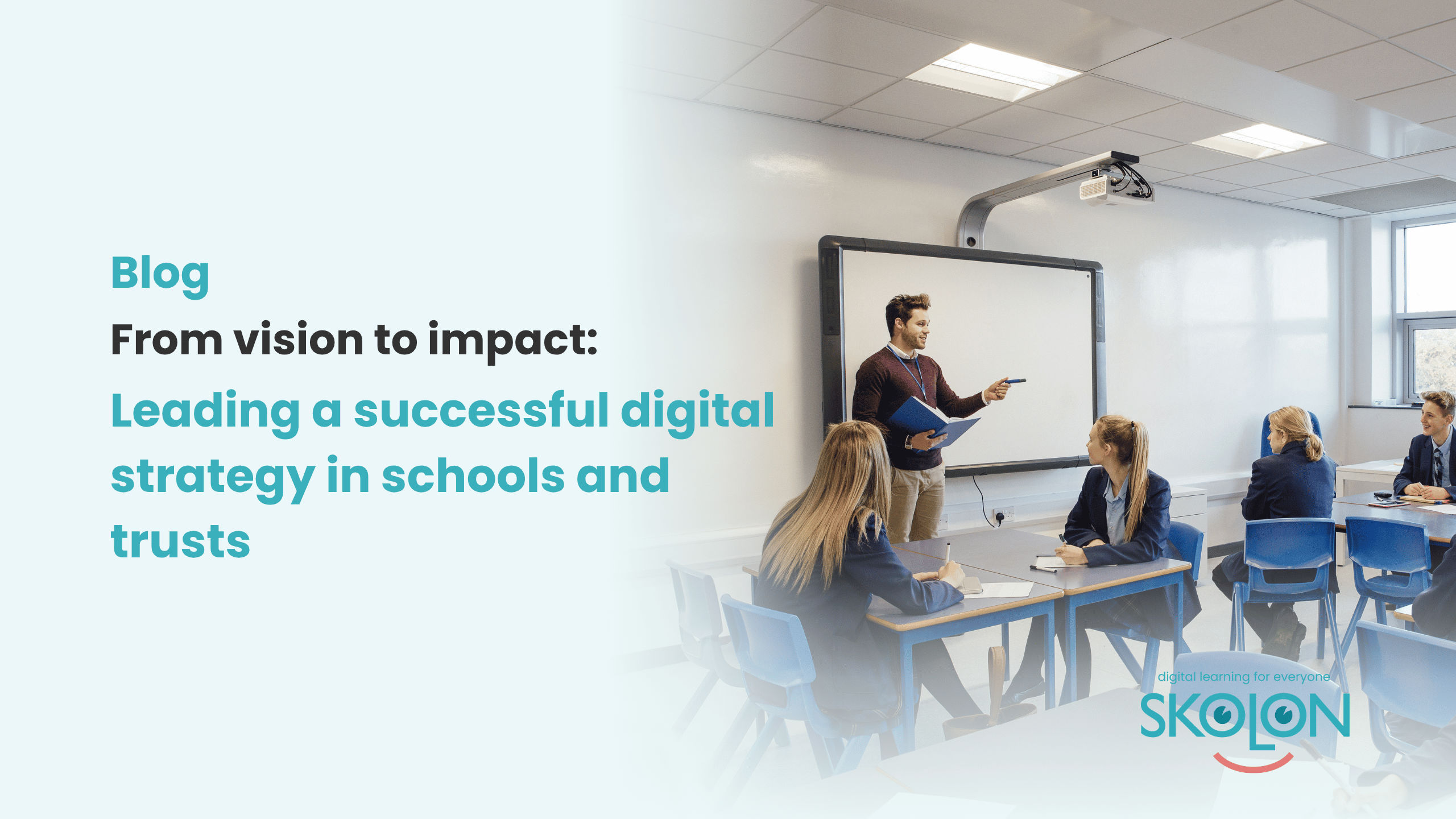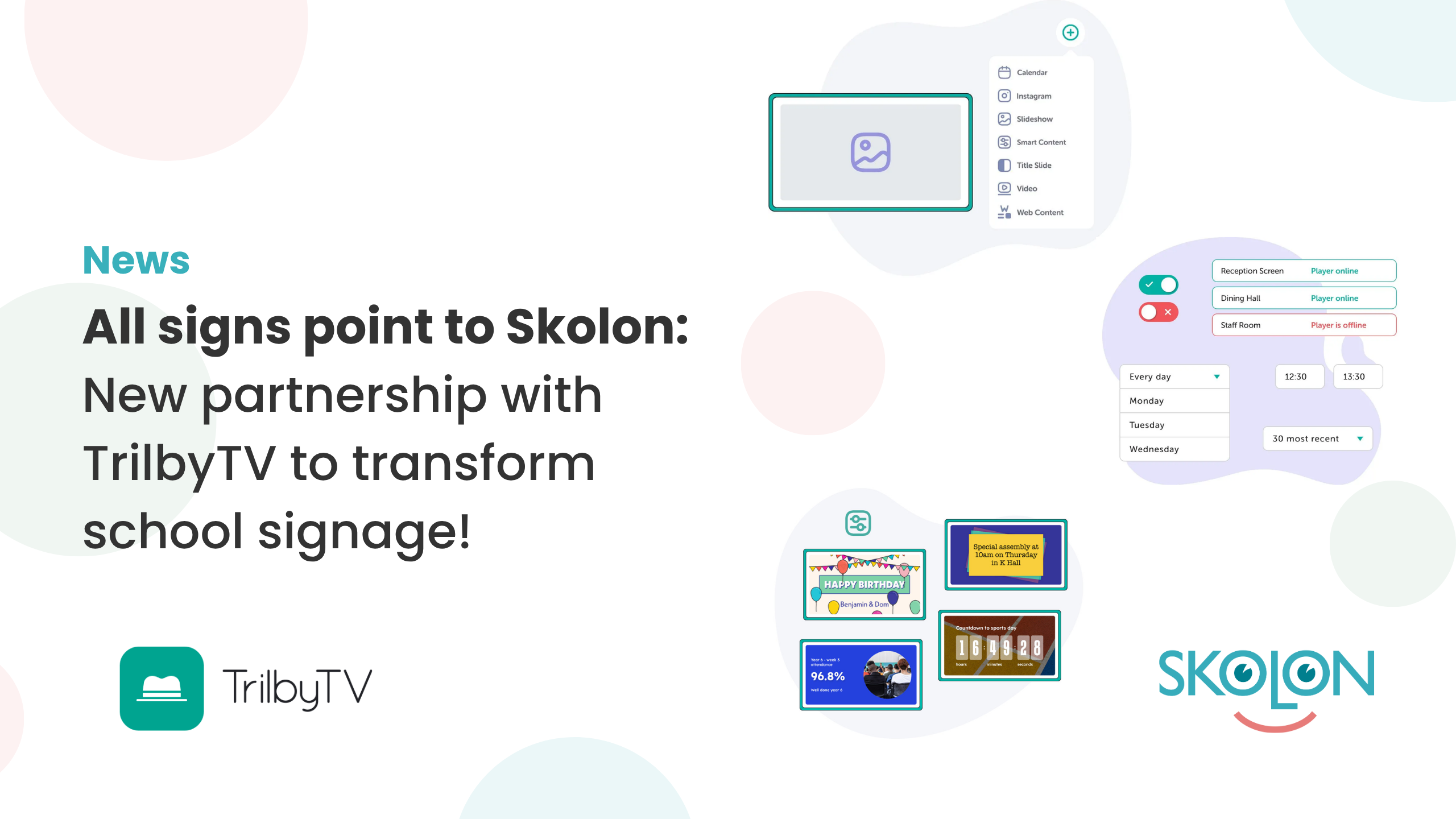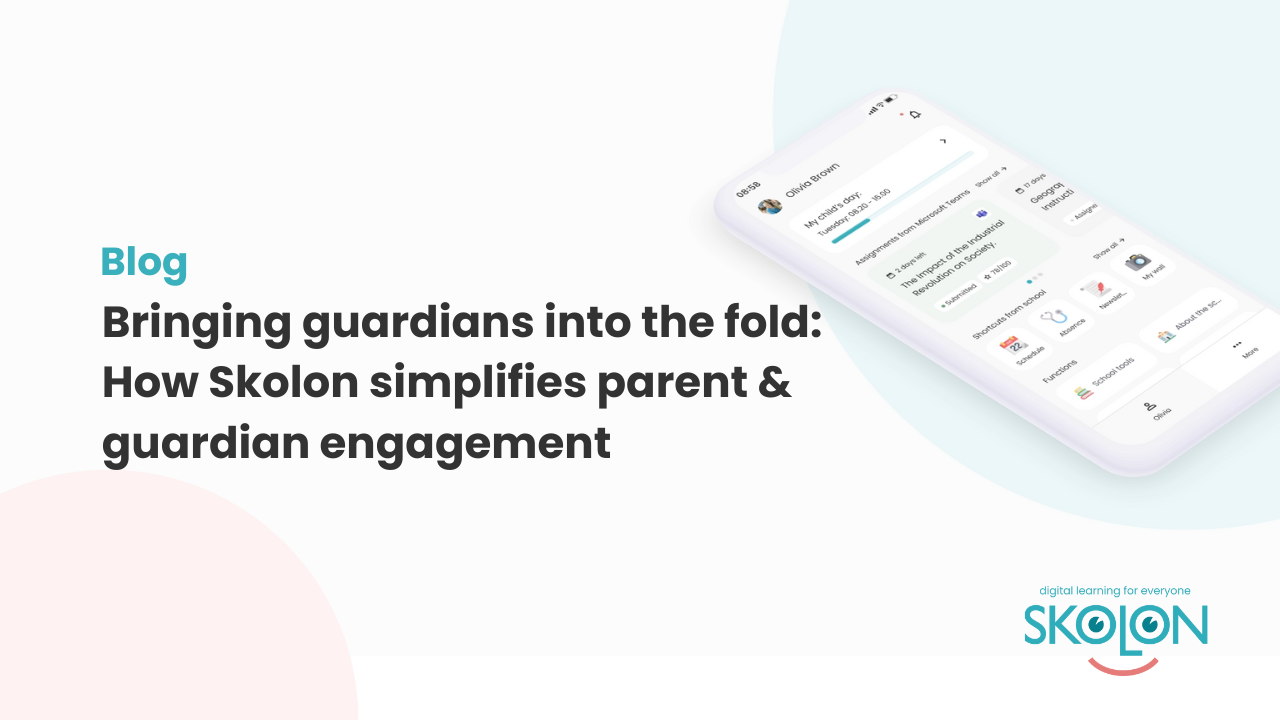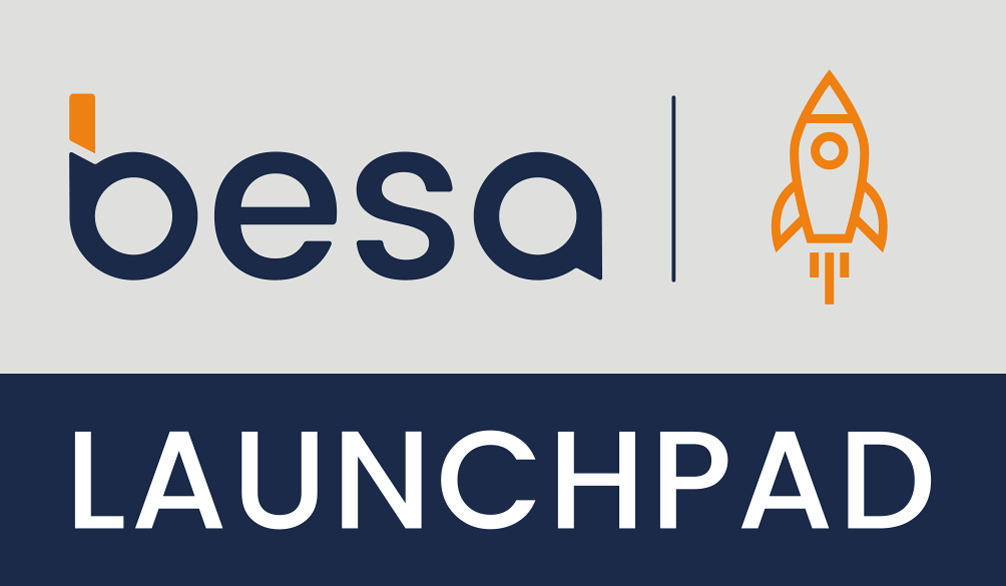From vision to impact: leading a successful digital strategy in schools and trusts


Digital learning isn’t just about the tools; it’s about the vision that drives their use pedagogy that underpins them.
In the UK’s somewhat tumultuous education landscape, leading a successful digital strategy is no longer a luxury – it’s a necessity. It’s about more than just technology and the kit in the classroom; it’s about transforming teaching, enriching learning, and ultimately, improving pupil outcomes.
The leadership imperative: crafting our digital north star
The Department for Education (DfE) guidance and Ofsted’s expectations, particularly within the Education Inspection Framework (EIF), clearly underscores the importance of a well-articulated digital strategy. For Multi-Academy Trusts (MATs) and Local Authorities (LAs), this means ensuring consistency, efficiency, and equitable access to high-quality digital resources across all their schools.
This is all well and good but it poses the question: “what does a “well-articulated” strategy look like?”
From our perspective at Skolon, it starts with clarity of purpose. Why are you investing in digital? Is it to enhance engagement, personalise learning, streamline administrative tasks, or all of the above?
Research has found that robust digital strategy should encompass:
Clear vision & goals:
Aligned with your school or trust’s overall educational priorities. How will digital tools help you achieve your desired outcomes?
Acknowledgement of infrastructure & resources:
A study published by the Digital Poverty Alliance highlighted that approximately 20% of children in the UK are in digital poverty. Making sure that there’s access to reliable connectivity, appropriate devices, and, crucially, a streamlined platform for managing and accessing digital learning tools, is important because it directly addresses the digital divide, ensuring all children have an equitable opportunity to participate in modern education and develop essential digital literacy skills for their future.
Curriculum integration:
Digital tools should seamlessly support and enhance the curriculum, not be an add-on. This has significance because effective integration deepens understanding, promotes engagement, and develops essential digital literacy within relevant subject contexts, preparing students for a digitally-driven world, which is where pedtech truly shines, bridging the gap between technology and effective teaching practice.
Professional development:
Empowering staff with the skills and confidence to effectively utilise digital resources. Well-trained educators can have such a positive impact by being able to seamlessly integrate technology which in turn can transform teaching methods, boost student engagement, and maximise the educational impact of digital tools.
Safety & safeguarding:
Robust policies and practices for online safety and data privacy. This is critical to protect children from online harms and ensure secure handling of their personal information, fostering a trustworthy and safe digital learning environment.
Evaluation & Iteration:
Regularly assessing impact and adapting your strategy based on evidence. This is essential for continuous improvement, ensuring digital investments are effective, responsive to evolving needs, and deliver optimal educational outcomes for students.
At Skolon, we advocate for a focus on:
Pupil outcomes:
Are digital tools leading to improved attainment, deeper understanding, and enhanced engagement? This could be qualitative, through student voice, or quantitative, through performance data.
Teacher workload reduction:
EdTech, when implemented effectively, should free up teachers’ time, not add to their burden. Consider how digital platforms can streamline lesson planning, assessment, and communication.
Professional growth:
Is your digital strategy fostering a culture of continuous learning among staff? Are teachers feeling more confident and innovative in their use of technology, or are they feeling like their workload has been added to as a result?
Equity and access:
Is your digital strategy ensuring all pupils, regardless of their background or needs, have equitable access to high-quality digital learning opportunities?
Evidence of impact and efficient reporting
For both Ofsted inspections and internal reviews of SEND provision, demonstrating impact and progress is paramount, with digital platforms significantly streamlining this process. While not a dedicated assessment tool, Skolon can provide data on student engagement with learning materials, which can contribute to a broader picture of progress. Additionally, schools can also easily pull reports on resource deployment and usage, providing clear evidence of how digital tools are being leveraged to support teaching and learning, including specific interventions for SEND students.
Ultimately, by centralising access and simplifying data collection, Skolon reduces the administrative burden on teachers and leaders, freeing them up to focus on what matters most: educating students. This efficiency is critical in a climate of tight real-terms funding increases.
Skolon: A strategic tool for modern education
The ever-changing landscape of education demands more in every sense of the word. With Ofsted’s sharpened focus on MAT accountability and the government’s commitment to SEND reform, digital platforms are no longer a luxury but a necessity.
Skolon is more than just a content delivery system; it’s a strategic tool that supports schools and MATs in achieving their goals. By fostering transparency, enabling inclusive practices, providing valuable data, and streamlining operations, Skolon empowers leaders to meet new expectations, demonstrate impact, and ultimately, create a more effective and equitable education system for all.
Fostering a positive digital culture
Whilst implementation can be simple and straightforward, its success hinges on staff buy-in; it’s about cultivating an environment where educators feel empowered, not overwhelmed, by technology. This involves school leaders championing the digital vision and actively understanding and engaging with the tools themselves. It’s also crucial to celebrate successes, sharing examples of effective digital practice across the school or trust, and to encourage collaboration by creating opportunities for teachers to share best practices and support each other throughout their digital journeys.
The Skolon advantage: simplifying your digital journey
At Skolon, our vision is that digital learning should be possible for everyone. We understand the complexities of managing a diverse range of digital learning resources across a school or trust. Our platform provides a single, secure point of access to all your digital tools, streamlining administration, simplifying user experience, and providing valuable insights into usage. Imagine the relief of teachers and pupils having one-click access to everything they need, without remembering multiple logins or navigating fragmented systems. This isn’t just about convenience; it’s about removing barriers to effective digital learning and empowering your educators to focus on what they do best: teaching.
Looking ahead (strategically of course)
The digital landscape in education is constantly evolving and has been for some time now, but the core principles of strong leadership, clear vision, and a relentless focus on impact on pedagogy remain constant. By embracing these principles, and with the right tools to support your journey, your school or trust can successfully navigate the digital frontier and truly unlock its transformative potential for teaching and learning.
For the key to unlocking the right strategy, platform and tools for your school or trust, use the button below:
This is Skolon – we gather the best digital educational tools and make them work in the classroom.
Skolon is an independent platform for digital educational tools and learning resources, created for both teachers and students. With Skolon, accessing and using your digital educational tools is easy – security increases, administration decreases, and there’s more time for learning.
The digital educational tools come from both small and large providers, all of whom have one thing in common – they create digital educational tools that are beneficial for the school environment.
Information
Share this story
Subscribe
Would you like our newest articles delivered to your inbox? Sign up now!
Digital learning isn’t just about the tools; it’s about the vision that drives their use pedagogy that underpins them.
In the UK’s somewhat tumultuous education landscape, leading a successful digital strategy is no longer a luxury – it’s a necessity. It’s about more than just technology and the kit in the classroom; it’s about transforming teaching, enriching learning, and ultimately, improving pupil outcomes.
The leadership imperative: crafting our digital north star
The Department for Education (DfE) guidance and Ofsted’s expectations, particularly within the Education Inspection Framework (EIF), clearly underscores the importance of a well-articulated digital strategy. For Multi-Academy Trusts (MATs) and Local Authorities (LAs), this means ensuring consistency, efficiency, and equitable access to high-quality digital resources across all their schools.
This is all well and good but it poses the question: “what does a “well-articulated” strategy look like?”
From our perspective at Skolon, it starts with clarity of purpose. Why are you investing in digital? Is it to enhance engagement, personalise learning, streamline administrative tasks, or all of the above?
Research has found that robust digital strategy should encompass:
Clear vision & goals:
Aligned with your school or trust’s overall educational priorities. How will digital tools help you achieve your desired outcomes?
Acknowledgement of infrastructure & resources:
A study published by the Digital Poverty Alliance highlighted that approximately 20% of children in the UK are in digital poverty. Making sure that there’s access to reliable connectivity, appropriate devices, and, crucially, a streamlined platform for managing and accessing digital learning tools, is important because it directly addresses the digital divide, ensuring all children have an equitable opportunity to participate in modern education and develop essential digital literacy skills for their future.
Curriculum integration:
Digital tools should seamlessly support and enhance the curriculum, not be an add-on. This has significance because effective integration deepens understanding, promotes engagement, and develops essential digital literacy within relevant subject contexts, preparing students for a digitally-driven world, which is where pedtech truly shines, bridging the gap between technology and effective teaching practice.
Professional development:
Empowering staff with the skills and confidence to effectively utilise digital resources. Well-trained educators can have such a positive impact by being able to seamlessly integrate technology which in turn can transform teaching methods, boost student engagement, and maximise the educational impact of digital tools.
Safety & safeguarding:
Robust policies and practices for online safety and data privacy. This is critical to protect children from online harms and ensure secure handling of their personal information, fostering a trustworthy and safe digital learning environment.
Evaluation & Iteration:
Regularly assessing impact and adapting your strategy based on evidence. This is essential for continuous improvement, ensuring digital investments are effective, responsive to evolving needs, and deliver optimal educational outcomes for students.
At Skolon, we advocate for a focus on:
Pupil outcomes:
Are digital tools leading to improved attainment, deeper understanding, and enhanced engagement? This could be qualitative, through student voice, or quantitative, through performance data.
Teacher workload reduction:
EdTech, when implemented effectively, should free up teachers’ time, not add to their burden. Consider how digital platforms can streamline lesson planning, assessment, and communication.
Professional growth:
Is your digital strategy fostering a culture of continuous learning among staff? Are teachers feeling more confident and innovative in their use of technology, or are they feeling like their workload has been added to as a result?
Equity and access:
Is your digital strategy ensuring all pupils, regardless of their background or needs, have equitable access to high-quality digital learning opportunities?
Evidence of impact and efficient reporting
For both Ofsted inspections and internal reviews of SEND provision, demonstrating impact and progress is paramount, with digital platforms significantly streamlining this process. While not a dedicated assessment tool, Skolon can provide data on student engagement with learning materials, which can contribute to a broader picture of progress. Additionally, schools can also easily pull reports on resource deployment and usage, providing clear evidence of how digital tools are being leveraged to support teaching and learning, including specific interventions for SEND students.
Ultimately, by centralising access and simplifying data collection, Skolon reduces the administrative burden on teachers and leaders, freeing them up to focus on what matters most: educating students. This efficiency is critical in a climate of tight real-terms funding increases.
Skolon: A strategic tool for modern education
The ever-changing landscape of education demands more in every sense of the word. With Ofsted’s sharpened focus on MAT accountability and the government’s commitment to SEND reform, digital platforms are no longer a luxury but a necessity.
Skolon is more than just a content delivery system; it’s a strategic tool that supports schools and MATs in achieving their goals. By fostering transparency, enabling inclusive practices, providing valuable data, and streamlining operations, Skolon empowers leaders to meet new expectations, demonstrate impact, and ultimately, create a more effective and equitable education system for all.
Fostering a positive digital culture
Whilst implementation can be simple and straightforward, its success hinges on staff buy-in; it’s about cultivating an environment where educators feel empowered, not overwhelmed, by technology. This involves school leaders championing the digital vision and actively understanding and engaging with the tools themselves. It’s also crucial to celebrate successes, sharing examples of effective digital practice across the school or trust, and to encourage collaboration by creating opportunities for teachers to share best practices and support each other throughout their digital journeys.
The Skolon advantage: simplifying your digital journey
At Skolon, our vision is that digital learning should be possible for everyone. We understand the complexities of managing a diverse range of digital learning resources across a school or trust. Our platform provides a single, secure point of access to all your digital tools, streamlining administration, simplifying user experience, and providing valuable insights into usage. Imagine the relief of teachers and pupils having one-click access to everything they need, without remembering multiple logins or navigating fragmented systems. This isn’t just about convenience; it’s about removing barriers to effective digital learning and empowering your educators to focus on what they do best: teaching.
Looking ahead (strategically of course)
The digital landscape in education is constantly evolving and has been for some time now, but the core principles of strong leadership, clear vision, and a relentless focus on impact on pedagogy remain constant. By embracing these principles, and with the right tools to support your journey, your school or trust can successfully navigate the digital frontier and truly unlock its transformative potential for teaching and learning.
For the key to unlocking the right strategy, platform and tools for your school or trust, use the button below:
This is Skolon – we gather the best digital educational tools and make them work in the classroom.
Skolon is an independent platform for digital educational tools and learning resources, created for both teachers and students. With Skolon, accessing and using your digital educational tools is easy – security increases, administration decreases, and there’s more time for learning.
The digital educational tools come from both small and large providers, all of whom have one thing in common – they create digital educational tools that are beneficial for the school environment.
Share this story
Subscribe
Would you like our newest articles delivered to your inbox? Sign up now!




